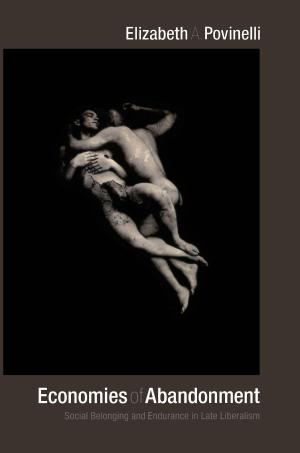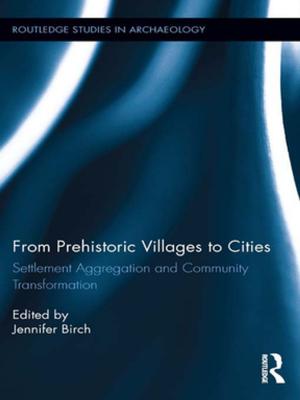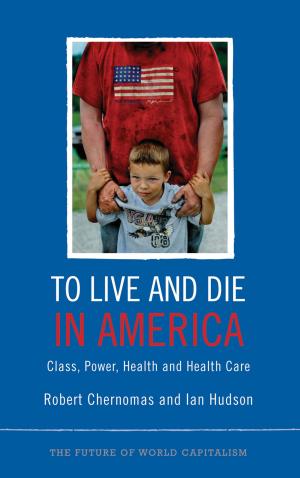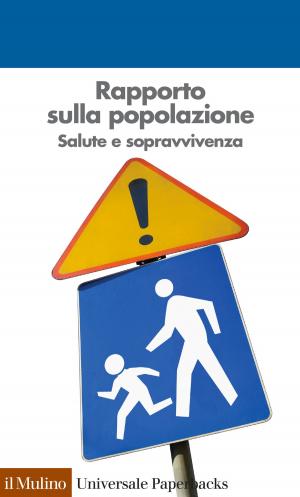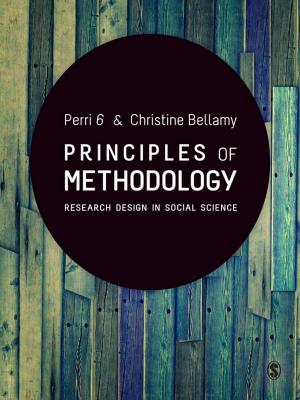The Perfect Protein
The Fish Lover's Guide to Saving the Oceans and Feeding the World
Nonfiction, Science & Nature, Nature, Environment, Environmental Conservation & Protection, Social & Cultural Studies, Political Science, Government, Social Science| Author: | Andy Sharpless, Suzannah Evans | ISBN: | 9781609615000 |
| Publisher: | Potter/Ten Speed/Harmony/Rodale | Publication: | May 28, 2013 |
| Imprint: | Rodale Books | Language: | English |
| Author: | Andy Sharpless, Suzannah Evans |
| ISBN: | 9781609615000 |
| Publisher: | Potter/Ten Speed/Harmony/Rodale |
| Publication: | May 28, 2013 |
| Imprint: | Rodale Books |
| Language: | English |
The planet will be home to more than 9 billion people by 2050, and we're already seeing critical levels of famine around the world mirrored by growing obesity in developed nations. In The Perfect Protein, Andy Sharpless maintains that protecting wild seafood can help combat both issues, because seafood is the healthiest, cheapest, most environmentally friendly source of protein on earth. While the conservation community has taken a simplistic, save-the-whales approach when it comes to oceans, Sharpless contends that we must save the world's seafood not just to protect marine life and biodiversity but to stave off the coming humanitarian crisis.
With high demand for predator species like tuna and salmon, wealthy nations like the U.S. convert "reduction" species such as anchovies, mackerel, and sardines into feed for salmon and other farmed animals—even though these overlooked fish are packed with health-boosting Omega-3 fatty acids and could feed millions. By establishing science-based quotas, protecting wild habitats, and reducing bycatch (and treating anchovies and their like as food, not feed), Sharpless believes that effective ocean stewardship can put healthy, sustainable seafood on the table forever. To that end, Oceana has tapped 20-plus chefs, including Mario Batali, Eric Ripert, and Jose Andres for recipes that give us all a role to play in this revolutionary mission: to save the fish so that we can eat more fish.
The planet will be home to more than 9 billion people by 2050, and we're already seeing critical levels of famine around the world mirrored by growing obesity in developed nations. In The Perfect Protein, Andy Sharpless maintains that protecting wild seafood can help combat both issues, because seafood is the healthiest, cheapest, most environmentally friendly source of protein on earth. While the conservation community has taken a simplistic, save-the-whales approach when it comes to oceans, Sharpless contends that we must save the world's seafood not just to protect marine life and biodiversity but to stave off the coming humanitarian crisis.
With high demand for predator species like tuna and salmon, wealthy nations like the U.S. convert "reduction" species such as anchovies, mackerel, and sardines into feed for salmon and other farmed animals—even though these overlooked fish are packed with health-boosting Omega-3 fatty acids and could feed millions. By establishing science-based quotas, protecting wild habitats, and reducing bycatch (and treating anchovies and their like as food, not feed), Sharpless believes that effective ocean stewardship can put healthy, sustainable seafood on the table forever. To that end, Oceana has tapped 20-plus chefs, including Mario Batali, Eric Ripert, and Jose Andres for recipes that give us all a role to play in this revolutionary mission: to save the fish so that we can eat more fish.


